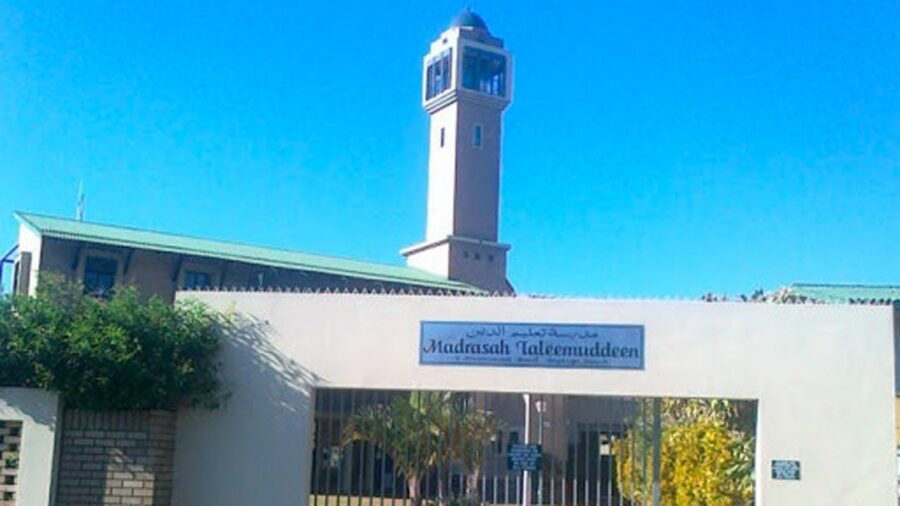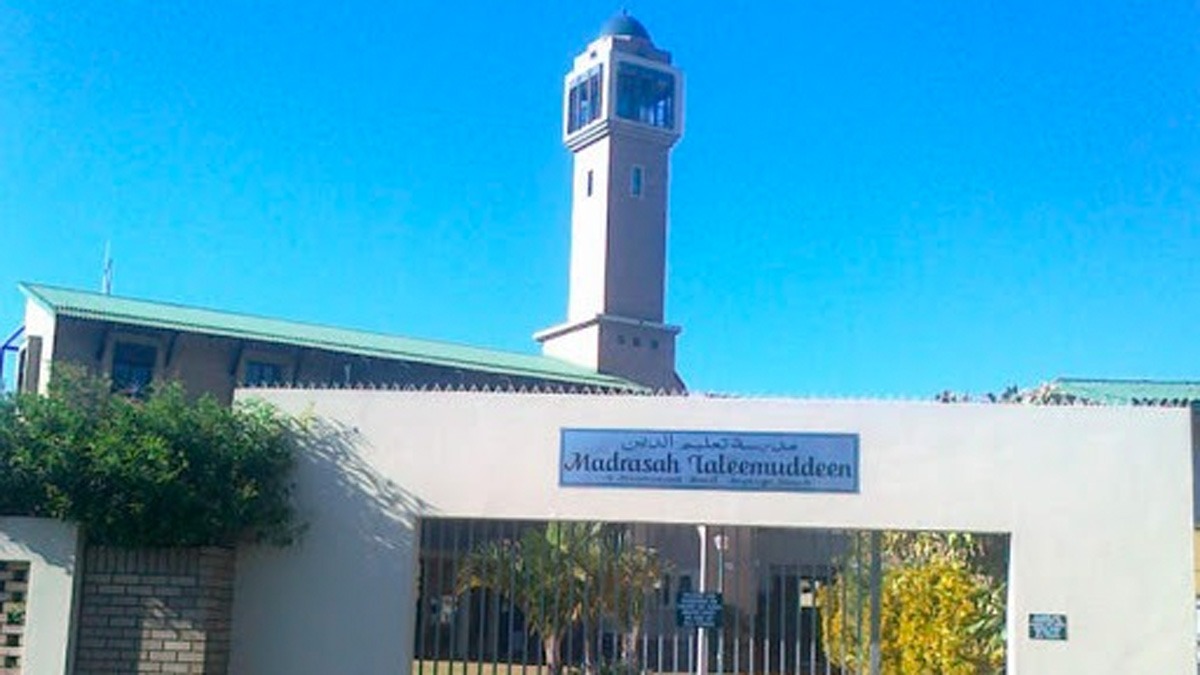
Durban Court Ruling Silencing Muslim Call to Prayer Labelled Bizarre
A ruling by the Durban High Court that a Madrassah in Isipingo has to ensure its calls to prayer, or Athans, are not audible in a neighbour’s house across the street has been called bizarre by a legal expert. “The judgment is badly argued and clearly wrong in law as the law requires neighbours to […]

A ruling by the Durban High Court that a Madrassah in Isipingo has to ensure its calls to prayer, or Athans, are not audible in a neighbour’s house across the street has been called bizarre by a legal expert.

“The judgment is badly argued and clearly wrong in law as the law requires neighbours to ‘live and let live,'” wrote Pierre de Vos on his blog Constitutionally Speaking, in an article “Bizarre Judgment on the Call to Prayer is Wrong in Law and Rewards Religious Prejudice.”
The case was reportedly brought by resident Chandra Gili Ellaurie of Isipingo Beach against the Madrasah Taleemuddeen Islamic Institute, which is situated 20 metres from his home.
According to the court ruling last week by Judge Sidwell Mngadi, the applicant found “the Call to Prayer (is) a foreign sound, which invades his private space. It bears down over to him. It deprives him of the enjoyment of his property and interrupts his peace and quiet. It further disrupts his sleep, listening to music and meditation. … [T]he Call to Prayer gives the suburb a distinctly Muslim atmosphere. It attracts those of the Islamic faith and keeps non-Muslims away. The Muslim community in the area has increased by 30 percent in the past 15 years. The dominance of one group has resulted in arrogance and domination by the dominant group.”
De Vos wrote, “The court provided no analysis of the extent to which the law protects one’s undisturbed enjoyment of property. Neither did it seriously consider the freedom of religion of those worshipping at the Madrasah.
The Madrasah has reportedly said it will appeal the ruling.